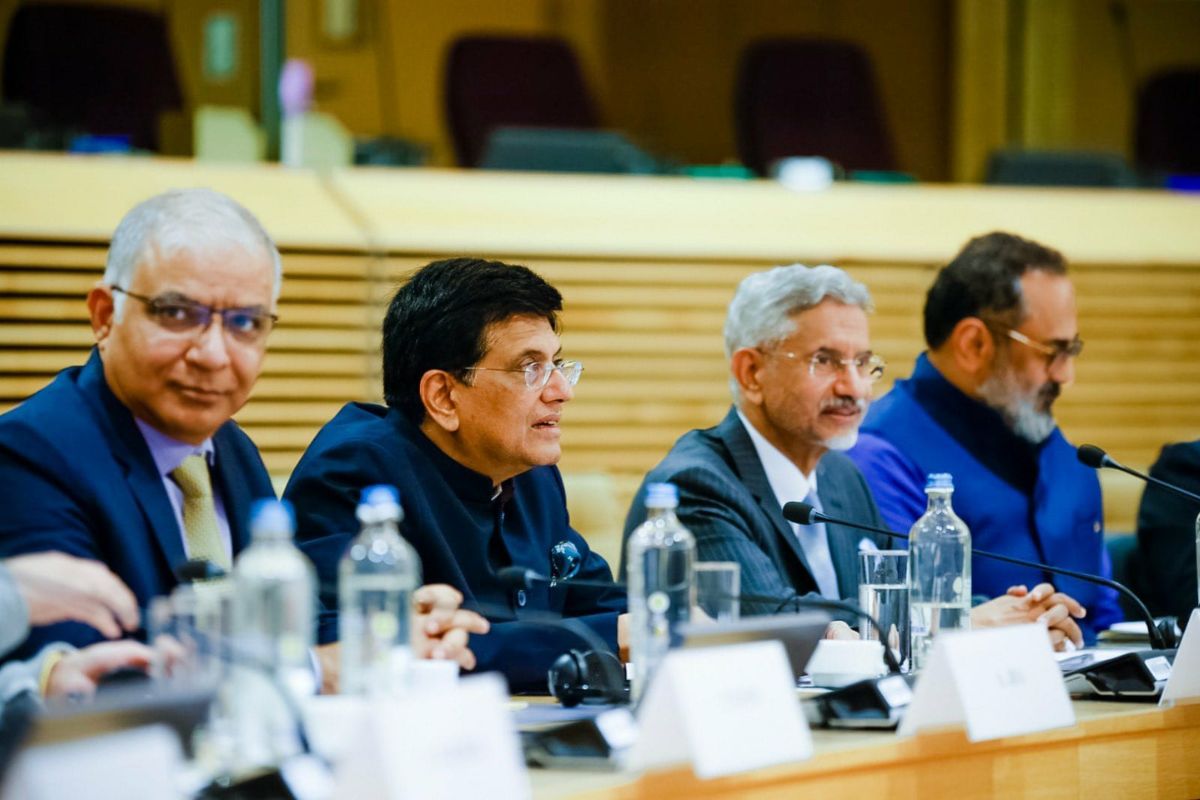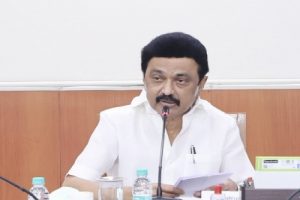India and the European Union (EU) have agreed to deepen their common work on resilient value chains, work to resolve bilateral market access issues and exchange information on each other’s mechanisms on foreign direct investment screening.
The two sides will also address global and multilateral trade issues, with particular emphasis on the World Trade Organisation (WTO). They have also agreed to intensify their engagement on carbon border measures.
Advertisement
India and the EU held their first ministerial meeting of the Trade and Technology Council (TTC) in Brussels on Wednesday. The TTC is a key forum to deepen the strategic partnership on trade and technology between the two partners.
The ministerial meeting was co-chaired on the Indian side by External Affairs Minister S Jaishankar, Commerce Minister Piyush Goyal and Minister of State for Skill Development and Entrepreneurship and Electronics and Information Technology Rajeev Chandrasekhar on the Indian side. EU Executive Vice-Presidents Margrethe Vestager and Valdis Dombrovskis represented the EU at the meeting.
A press note issued by the EU said the two sides will cooperate on quantum and High-Performance Computing research and development projects to help address challenges such as climate change and natural disasters and improve healthcare via personalised medicine.
Both partners also committed to seeking cooperation on trustworthy Artificial Intelligence and coordinating their policies with regard to the strategic semiconductors sector through a dedicated Memorandum of Understanding. The EU and India will work towards bridging the digital skills gap and promoting the exchange of digital talent. Both partners will engage in 5G, telecoms and Internet of Things standardisation. They will enhance the interoperability of their respective digital public infrastructures and promote secure, privacy-preserving solutions to the benefit of developing countries.
Cooperation on research and innovation is seen as an important vehicle to unlock potential and bring new and sustainable technologies to the market. The European Union aims to be climate neutral by 2050 and India by 2070. To reach these objectives, both partners will drive innovation and increase research efforts in view of safe and sustainable development. The EU and India will focus on wastewater management, including plastic litter and waste to hydrogen; recycling of batteries for e-vehicles and standards through pre-normative research. Cooperation on these topics should also strengthen the role of start-ups and build skills and capacity.
Work under the TTC will proceed in parallel to the ongoing negotiations for comprehensive and ambitious agreements on trade, investment protection and geographical indications, which seek to maximise our considerable – yet largely untapped – trade and investment potential.
Ministerial meetings of the TTC will take place at least once a year, with the venue alternating between the EU and India. Working groups will meet regularly in the meantime, to deliver on the abovementioned political priorities. The next ministerial meeting is planned for early 2024 in India.











